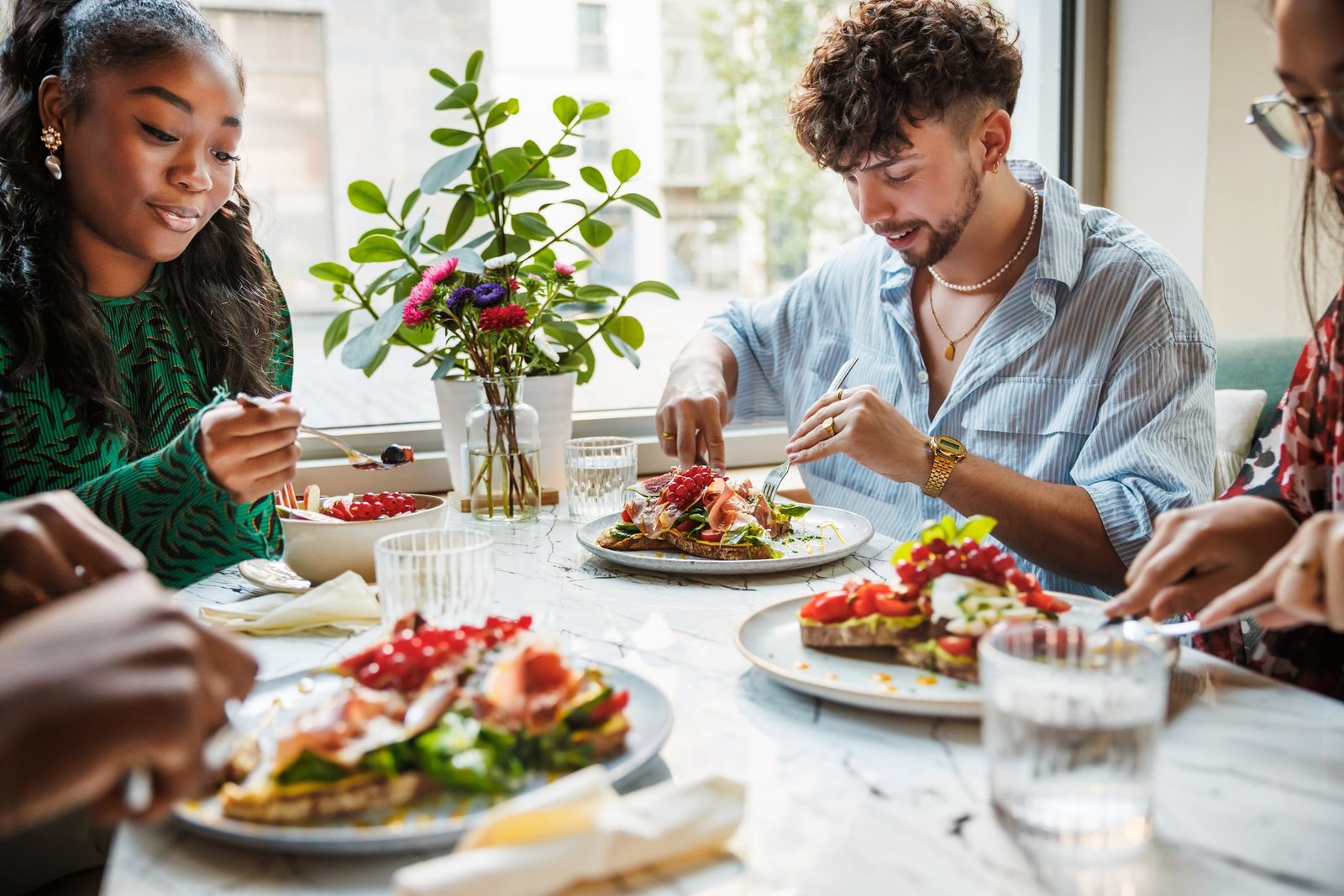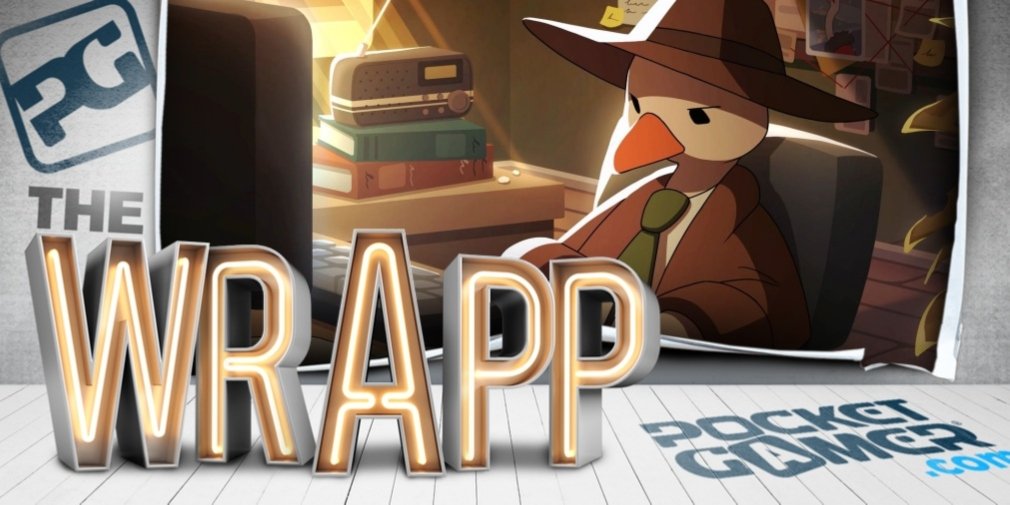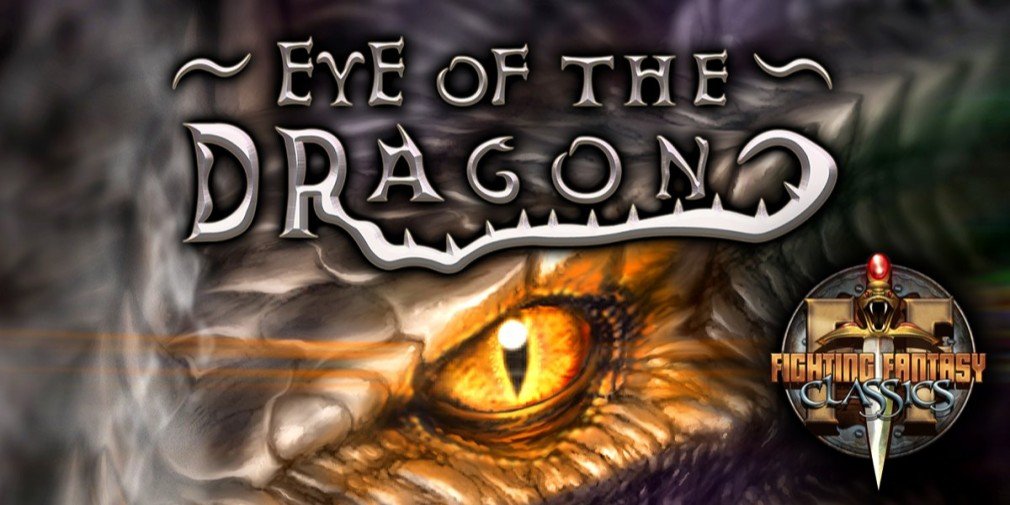Quietly, the trailblazing health app Zoe has worked on and launched its own UPF scale to help stamp out consumer “scaremongering”.
The new scale flies in the face of the existing Nova classification system and scuppers a variation on the tool currently being researched by big pharma owner the Novo Nordisk Foundation.
Presented in the UK House of Lords this month, Zoe’s new Food Risk Scale poses “not all UPFs are equally detrimental to health” and splits processed foods four categories.
The four Zoe UPF risk categories are: no risk, low risk, moderate risk and high risk.
Like the variation on the Nova system, under research by professor Susanne Bügel at the University of Copenhagen for GLP-1 drug maker Novo Nordisk, Zoe’s system classifies foods based on energy intake and the combination of ‘natural’ and ‘manmade’, “hyperpalatability” ingredients.
Next level Nova finally here?
This leads to foods like unsalted butter and dark chocolate being considered ‘no risk’, while margarines, sliced white bread, milk chocolate and chicken nuggets are deemed ‘high risk’.
Zoe chief scientist Sarah Berry said the scale would help prevent foods being demonised, saying “this scaremongering about everything on our shelves is going to kill us is wrong”.
It would also help to “empower” consumers, allowing them to make informed choices about which of a selection of products they should buy.
Like the tobacco industry, food manufacturers will fight all the way to delay change, regardless of whatever damage is done to our health in the process
Lord Caithness
In a House of Lords Food, Diet and Obesity Committee debate, the report was widely welcomed as a pathway for the future of food.
“It will help navigate the often confusing landscape of processed and ultra-processed foods to better understand the health risks associated with their consumption,” said the Earl of Caithness.
Zoe’s future plan for the tool would include food products on the app being ranked using using the scale, with consumers able to take pictures of products and quickly receive feedback.
However, while the development of the app has been hailed a positive for consumers, Lord Caithness slated the food industry and its lack of effort to take ownership of the UPF debate.
Zoe’s new UPF scale launched
“They did not want to be asked difficult questions by the committee, so they refused to attend,” he said, adding a representative of the UK’s Food & Drink Federation (FDF) had responded to the committee’s UPF concerns by saying “the industry would of course act quickly”.
To which, Lord Caithness told the committee: “Most of the industry has done the bare minimum. Let there be no misunderstanding: the food manufacturers are in it for profit, and ultra-processed food is the source of the biggest profits. Like the tobacco industry, they will fight all the way to delay change, regardless of whatever damage is done to our health in the process.
Yet, an FDF spokesperson said the UK food industry believed dietary guidance for consumers should be based on “robust, scientific evidence as assessed by expert independent committees”.
Such bodies had worked to consider the concept of UPFs and “believe the evidence is weak and should not be used in dietary guidance”.
They condemned Zoe’s new scale, saying it would confuse consumers as it “contradicts government’s healthy eating advice”.
They continued: “All additives that are used by food manufacturers are approved by the Food Standards Agency, who have robust processes in place to ensure that these are safe for us to eat and drink. It is irresponsible to state these ingredients are a high risk to health.”











